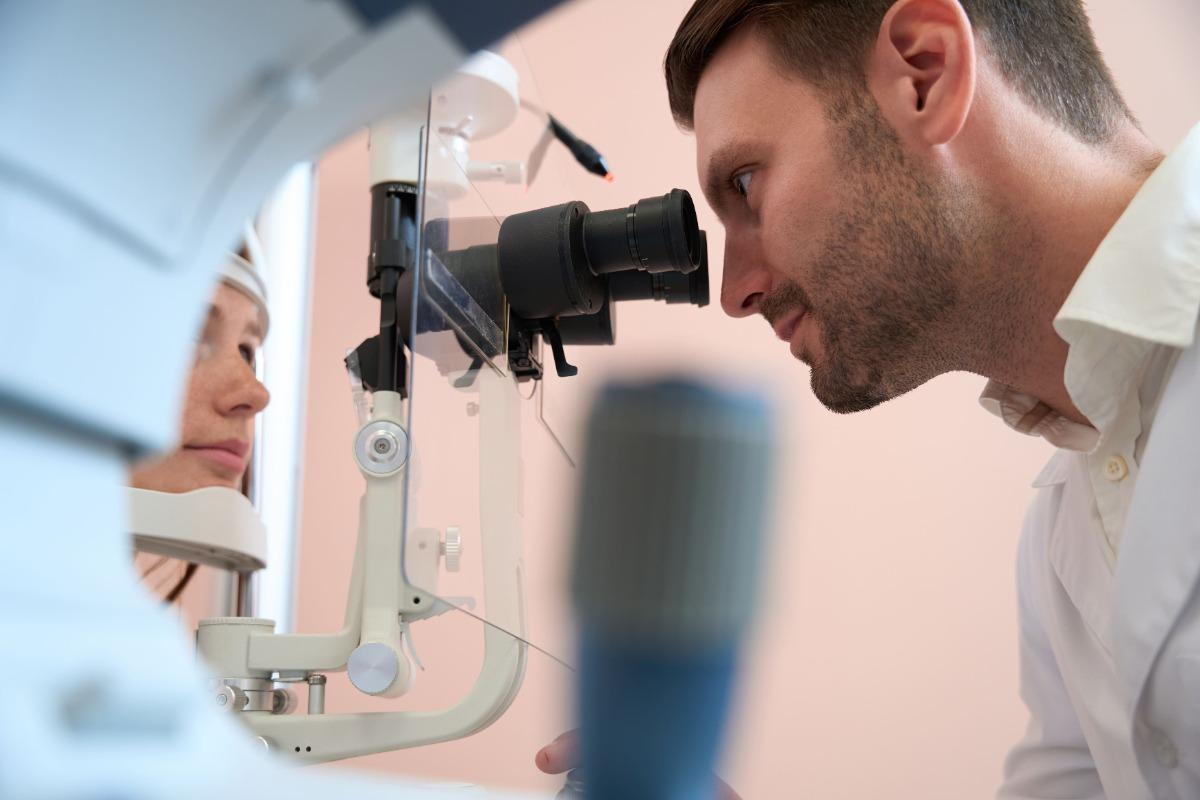All Categories
Featured
Table of Contents

Regular eye assessments are crucial for maintaining good vision and detecting potential eye health issues early. However, the frequency of these examinations can vary significantly based on a person's age, way of life, and overall health. Recognizing the advised schedule for eye tests can assist make sure that people of all ages obtain proper treatment and monitoring for their eye wellness.
Newborns and Toddlers (0-2 Years)
For kids and infants, eye tests are crucial for spotting any possible vision problems early. The American Academy of Ophthalmology suggests that a kid's first eye exam need to take place at around six months old. Throughout this first visit, the eye care expert will certainly examine the child's aesthetic development and look for any kind of obvious eye issues.Following this very first exam, it is advised that kids have another eye test at age three. This visit will concentrate on examining the kid's general aesthetic function, including eye positioning and the capability to track objects. If no problems are spotted, the next examination should be scheduled prior to the youngster begins college, usually around age five or 6.
School-Aged Kids (6-18 Years)
As soon as kids reach school-age child, regular eye tests must be set up each to 2 years. Vision is critical for discovering and development, and many colleges perform vision screenings. These testings do not change an extensive eye test by an eye treatment professional.For kids associated with tasks or sports needing significant visual focus, yearly eye examinations might be suggested. Furthermore, if a child exhibits indicators of vision issues-- such as problem checking out, scrunching up your eyes, or regular frustrations-- a visit to the eye medical professional ought to be set up asap.
Youthful Grownups (19-39 Years)
Young person commonly have less vision modifications than older age groups, yet routine eye examinations remain necessary. The general referral is to schedule an eye examination every two years throughout this period. Nonetheless, individuals with details threat aspects-- such as a household background of eye illness, diabetic issues, or those who put on call lenses-- must think about yearly eye examinations.Additionally, those that invest significant time on digital tools might experience digital eye stress. If symptoms such as dryness, tiredness, or blurred vision take place, it may be important to see an eye care specialist sooner.
Adults (40-64 Years)
Grownups aged 40 to 64 need to arrange eye exams every one to two years. Eye exams can additionally assist discover various other common age-related problems such as glaucoma, cataracts, and macular deterioration.If people in this age have danger elements like hypertension or diabetic issues, they may need more regular evaluations to monitor their eye health very closely.
Senior Citizens (65 Years and Older)
For elders, normal eye exams come to be also extra critical. The American Optometric Association suggests that people matured 65 and older have an eye exam at least when a year.Conclusion.
Understanding the proper timetable for eye exams based on age is vital for maintaining ideal eye wellness throughout life. By adhering to these guidelines and seeking advice from with an eye care specialist, individuals can take aggressive steps towards protecting their vision and overall health.Table of Contents
Latest Posts
Elevate Your Event with Yesterday's Tavern Catering
Published en
1 min read
Discover Strathmere’s Coastal Treasure: Enjoy, Dine, and Unwind at Deauville Inn
Published en
2 min read
Experience the Historic Past of Deauville Inn: From Speakeasy to Jersey Shore Icon
Published en
2 min read
More
Latest Posts
Elevate Your Event with Yesterday's Tavern Catering
Published May 19, 25
1 min read
Discover Strathmere’s Coastal Treasure: Enjoy, Dine, and Unwind at Deauville Inn
Published May 18, 25
2 min read
Experience the Historic Past of Deauville Inn: From Speakeasy to Jersey Shore Icon
Published May 17, 25
2 min read